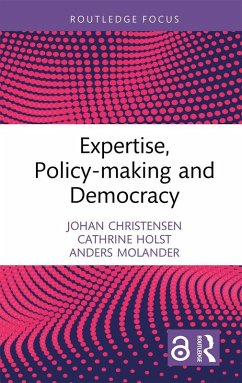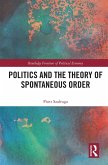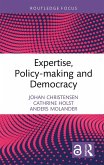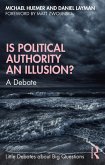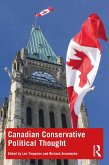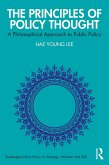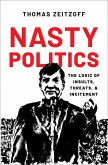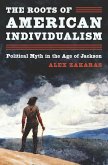This book offers a concise and accessible introduction to debates about expertise, policy-making and democracy. It uniquely combines an overview of recent research on the policy role of experts with discussions in political philosophy and the philosophy of expertise. Starting with the fact that well-functioning democracies require experts and expert knowledge, the book examines two types of objections against granting experts a larger role in policy-making: concerns that focus on the nature and limits of expert knowledge, and those that concentrate on tensions between expertization and democracy. With this, the book discusses how expert arrangements can be organized to ensure the epistemic qualities of policies and democratic credentials, at the same time.
The book will be of interest to scholars and students of political theory and democracy, public policy and administration, and to anyone interested in the role of expertise in society.
The book will be of interest to scholars and students of political theory and democracy, public policy and administration, and to anyone interested in the role of expertise in society.
Dieser Download kann aus rechtlichen Gründen nur mit Rechnungsadresse in A, B, BG, CY, CZ, D, DK, EW, E, FIN, F, GR, HR, H, IRL, I, LT, L, LR, M, NL, PL, P, R, S, SLO, SK ausgeliefert werden.

